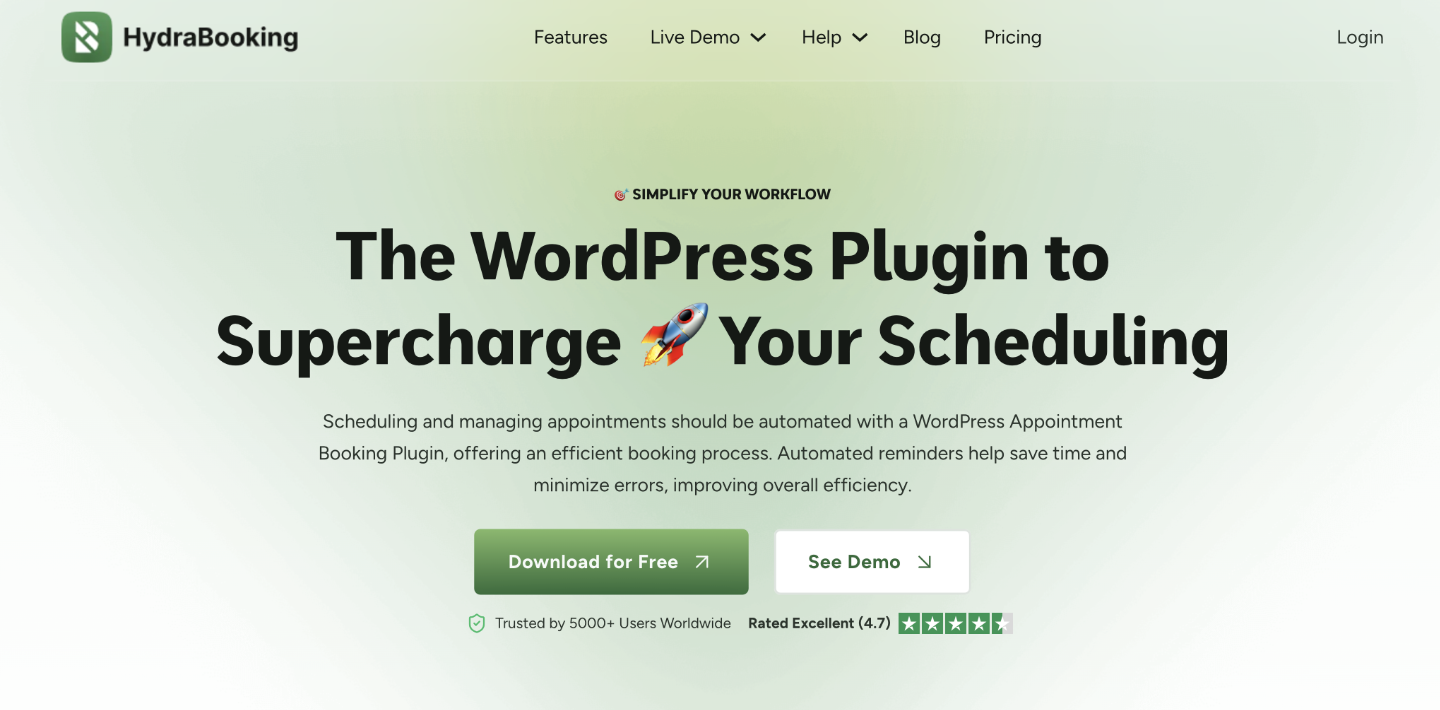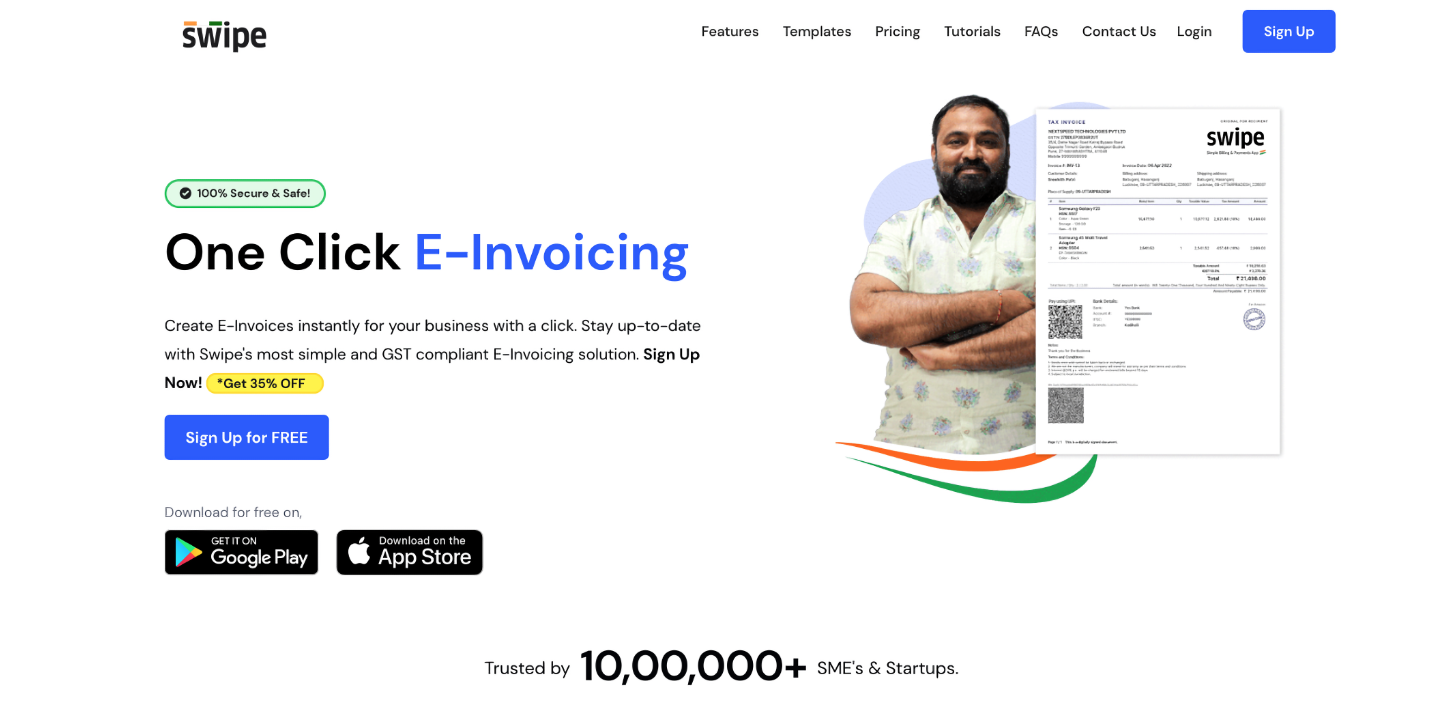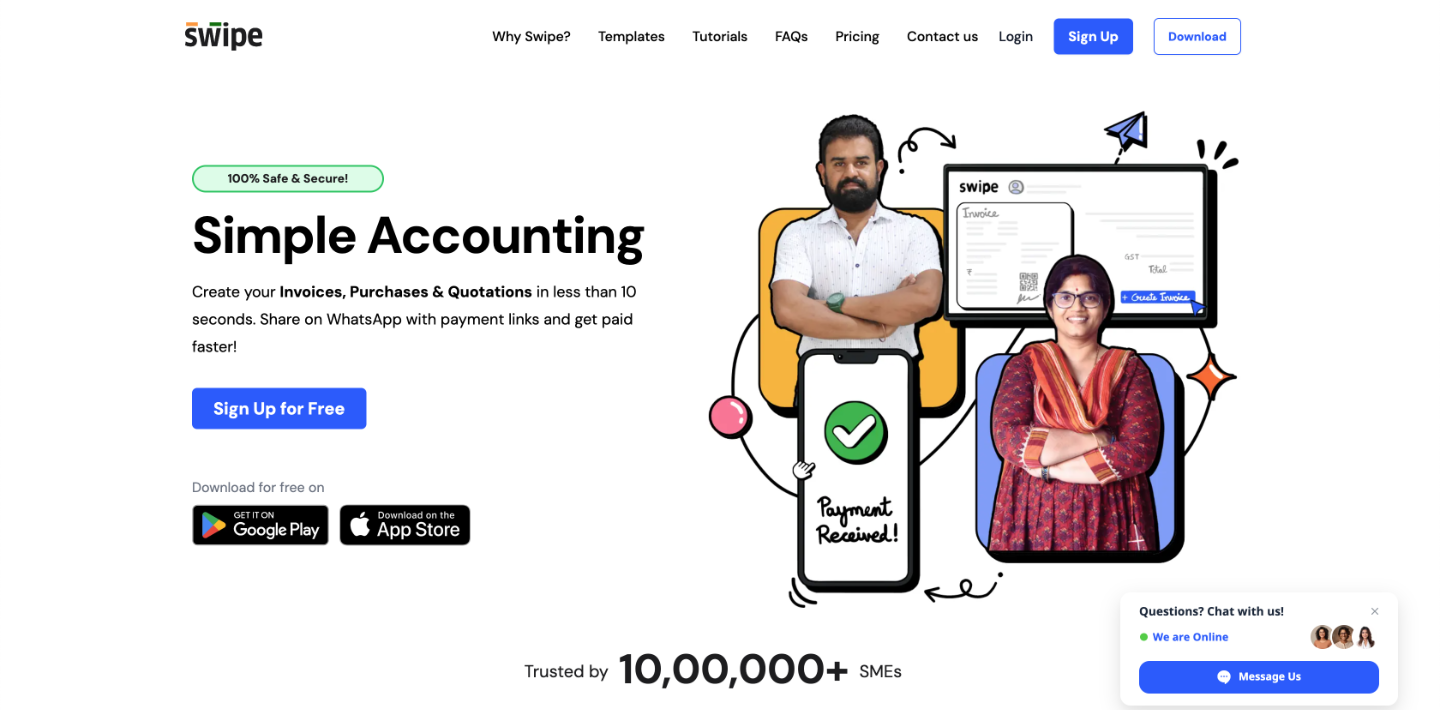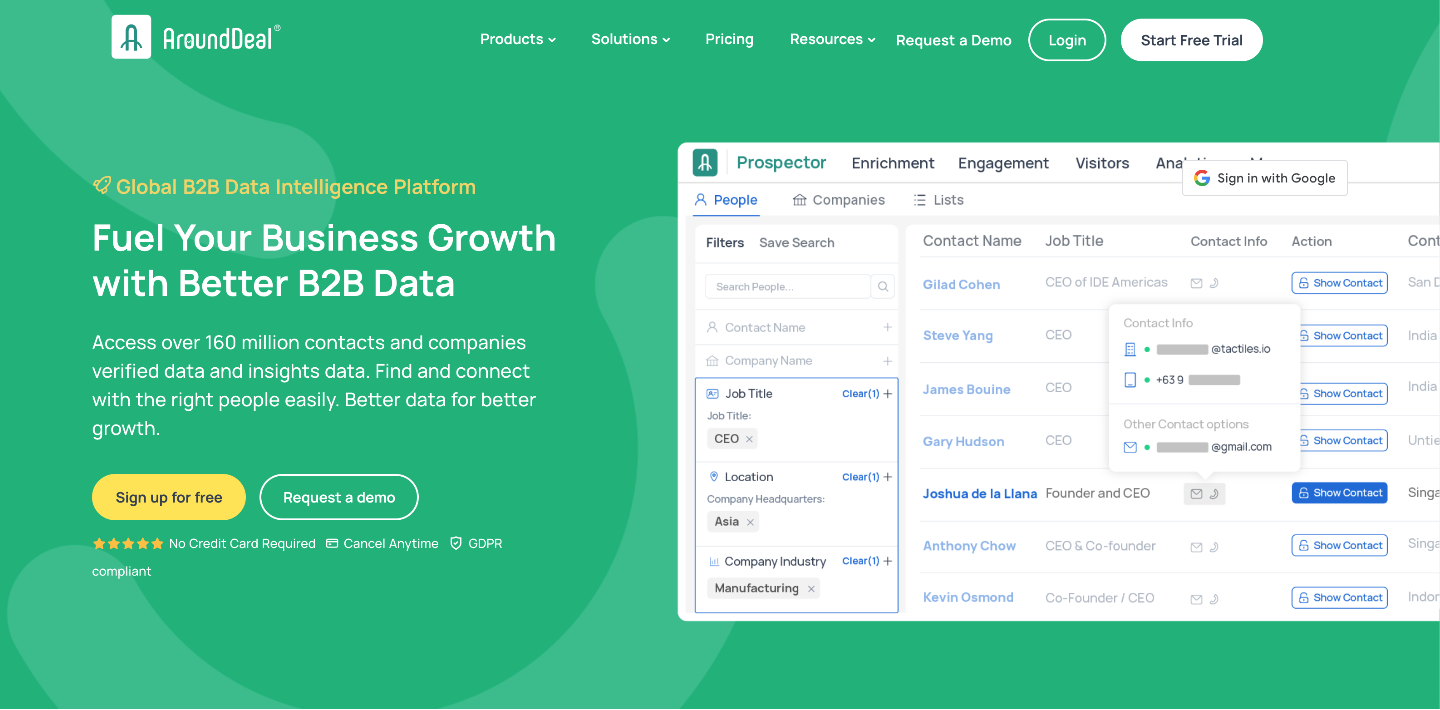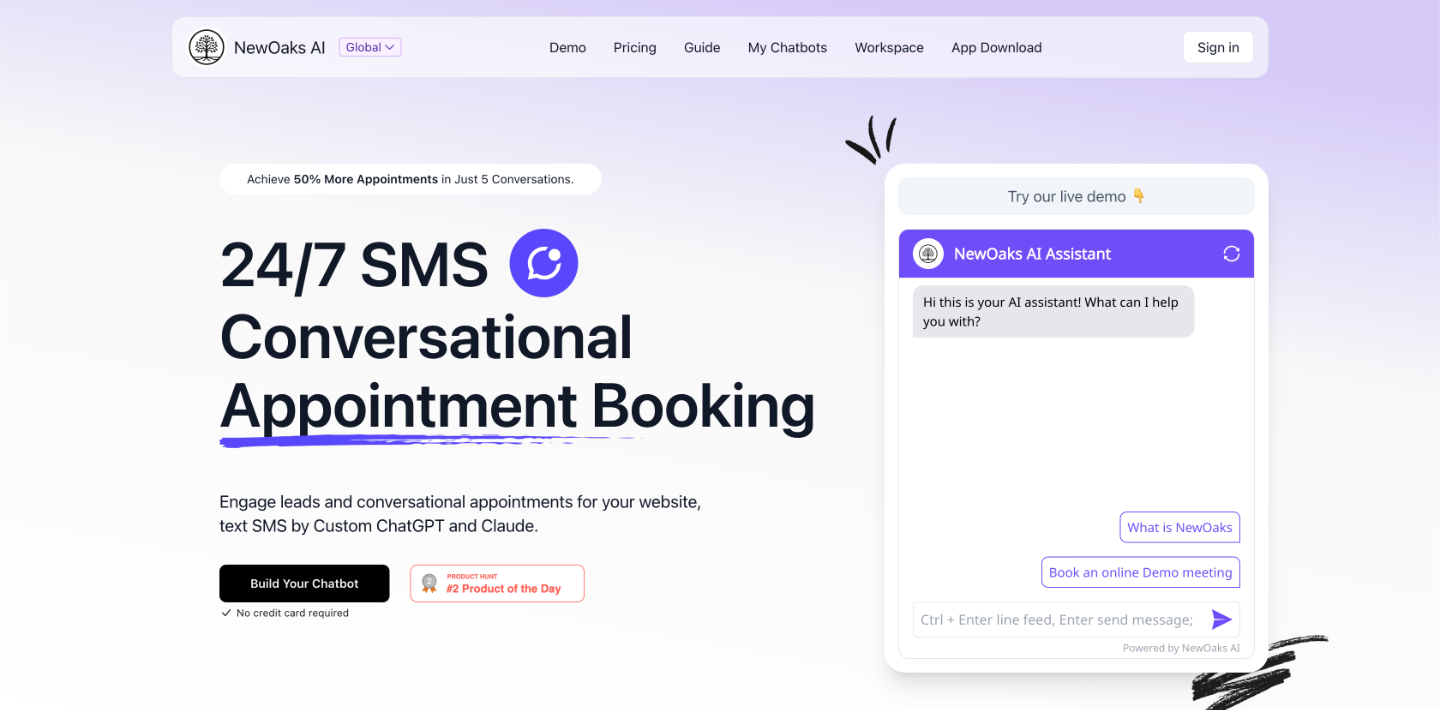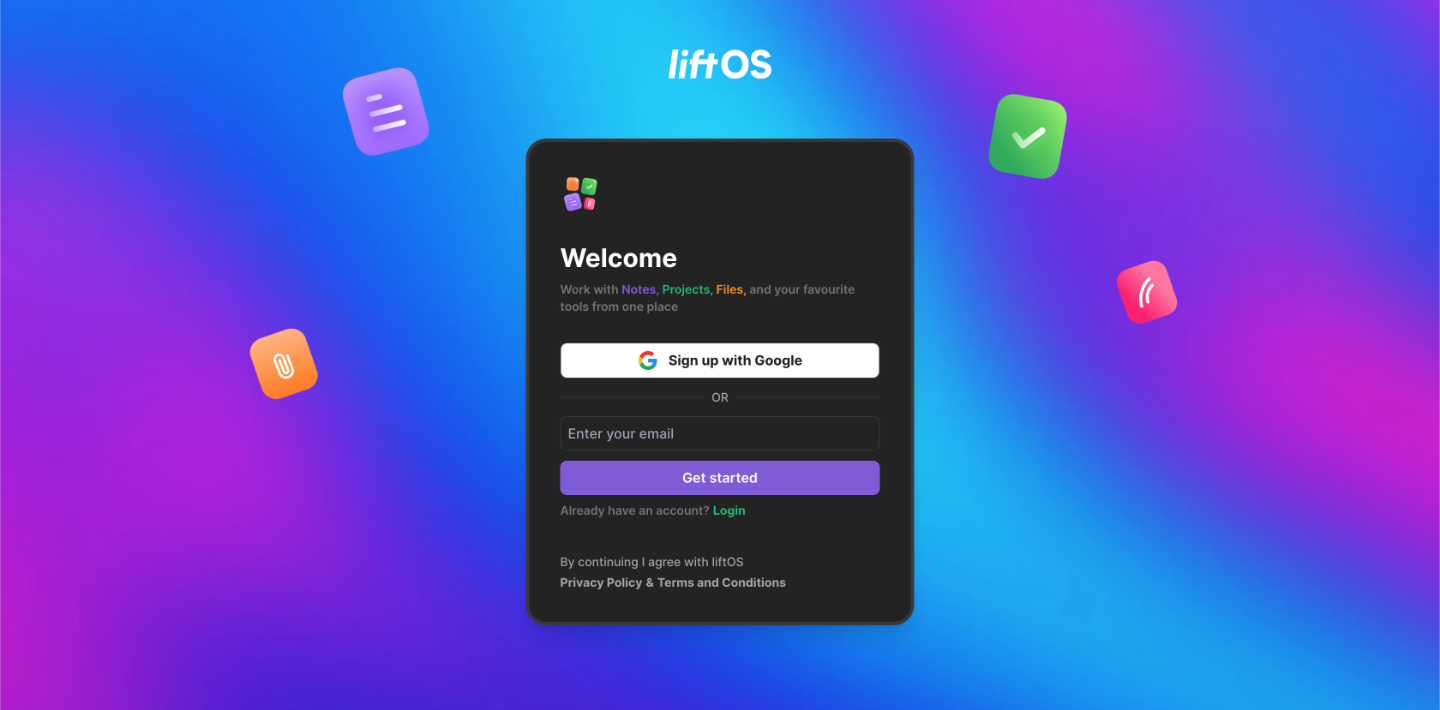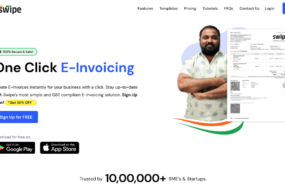
Your company needs some added funds to succeed, and you are looking closely at business loans as a way to get that money. There are some steps to take to get a loan, and there is something you should think about before you start collecting your tax returns. How are you going to pay back the loan? This is one of the most important questions you can ask. Why? Let’s take a look.
Show Me The Profit!
How will you pay back your loan? Money is the answer, and you need to know that the money you borrow will allow you to make enough money, enough additional profit to pay the loan back. If it doesn’t, you are losing money, not gaining. Make a plan for how you will spend the money and what it will gain you. Then extend to see how that gain will translate to a cold, hard cash. You will need to make enough from your investment and regular business to continue to meet all the expenses you already have, and the additional one of paying the loan payments on the agreed schedule. If you cannot figure out how to make those payments, it is probably time to stop and ask an expert or mentor for help.
The Cash Must Flow
Every business loan has a payment schedule, whether a simple term loan, a short-term loan, or a line of credit. A term loan is usually a set amount each month, a short-term loan might be daily or weekly, and a line of credit has a least payment monthly based on the balance. Even if your loan meets the standards above of profiting your commercial enterprise, you need to know that you will have the money to pay when the payment is due. And that is cash flow.
Cash flow is the concept of money coming in and going out at specific rates and how much money is available at any time because of this. Fitting a new payment into your cash flow might be difficult. Have your accountant work with you to make a cash flow forecast and to find where a loan payment with whatever frequency, that fits. If it doesn’t fit, try looking at splitting up the payment, making extra frequent, smaller payments. You’ll have to work with your lender to make this feasible, however, you need to know before you get the cash if you can meet the schedule.
Business Delinquents
Now let’s talk about what happens when you fail to plan your payments properly. When your company misses a payment, they become delinquent. Depending on your loan and lender, and the agreement you signed, a variety of things can happen. Some offer a grace period where you can still pay and have no repercussions. Others immediately apply a late fee, either a fixed amount or a percentage of the payment. The lender will get in touch with you to ask you about your missed payment, and to explain what will happen because of it, and further if you lose more of them.
Default In Our Stars
When you have been sufficiently delinquent, missed some payments or adequately been late, all depending on your loan agreement, you go into default. This is when the lender comes to a decision that you are not going to pay your loan back. Here’s where things can go wrong. In case you offer collateral as part of your loan agreement, the lender can also claim that collateral, either put a lien against it or seize the property and sell it. This is critical equipment, your enterprise may shut down. And if you use your home as collateral, the consequences could be worse. What happens in default is describe in your loan documents so pay attention to them. There’s one more rather obvious result from defaulting on a loan.
Credit Where It’s Due
Your credit score is a measure of how risky it will be to loan a money for you. Regular payments can improve it. Delinquencies and defaults will lower it. That damage to your credit stays on your report for years as do bankruptcies. Once your credit is damage, it will be more difficult to secure funding in the future if you need it. You failed to pay back a loan, and other lenders will see an increased risk of you defaulting again. This can end your dream of owning your very own business.
This emphasizes the significance of understanding up front just how the loan will be repaid. Failing to understand the payment structure and make a plan to meet, it will put you on a road that might lead to delinquency, default, even bankruptcy. Proper understanding and prior planning will allow your business to use the borrowed capital safely to expand, advance, and succeed. So borrow, but borrow wisely, and always remember to pay your dues.
Was this article helpful and informative? Share your thoughts in the comments below.


